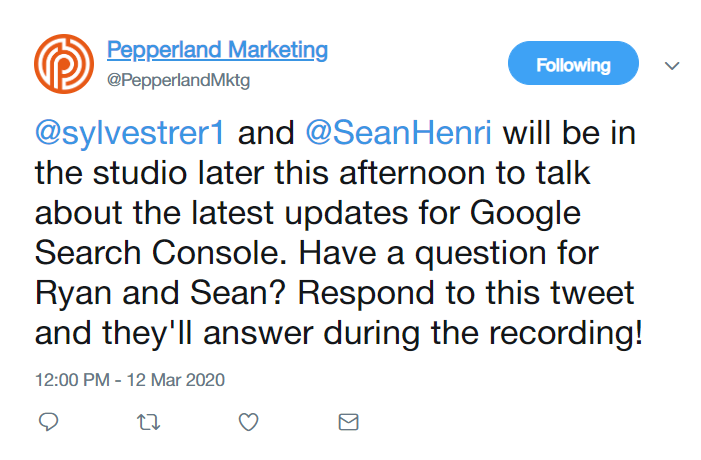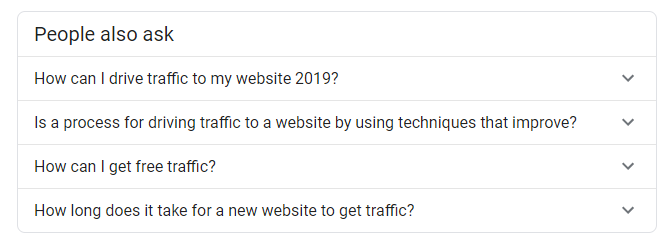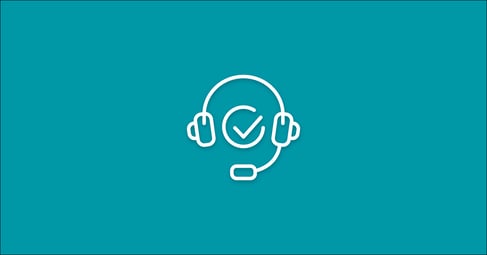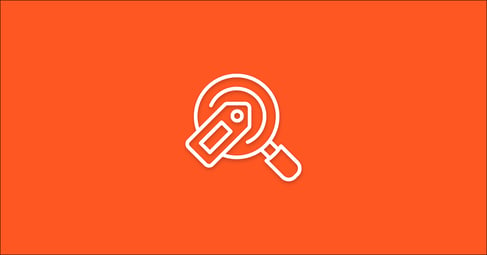Written By:
Will Purcell
Interviews are essential to nearly every podcast regardless of topic or format. That’s because interviews offer several benefits to your show including:
-
A new perspective
-
An expert opinion on an important topic
-
New ideas for current or future topics
-
Networking opportunities for your podcast
All of these benefits ultimately aid in helping your podcast grow and increase traffic. So, in order to maximize your podcasting efforts, you need to conduct effective interviews.
For new podcasters, especially those looking to grow their business, conducting interviews for the first time can seem challenging. However, by following these five easy steps, you can not only prepare for interviews, but learn to use them to your advantage to grow your audience.
Starting a podcast for your business? Download our free workbook!

Your Show’s Format
Regardless of your show’s topic or theme, it’s likely the format of an interview episode will follow a structure similar to this:
- Introduction
- Interview
- Wrap up/Outro
In this format, the heart of each podcast episode includes an interview with a subject expert or guest. This is also where you can dissect the main message of your podcast’s recording and dive into the topic’s details.
Given the importance of your podcast interviews, it’s essential to understand the most efficient way to prepare for each session.

Podcast Interview Tips
The most important tip to remember when conducting an interview is to keep it conversational. In this regard, having a word-by-word script may not be the most effective tool for an interview because your line of questioning may come across as rigid and more robotic than conversational.
That being said, there are countless tips available when it comes to planning for an interview, but for the basics, keep these steps in mind.
1. Research your Topic
Conducting extensive and thorough research should always be the first step when preparing for an interview. Regardless of your previous experience or knowledge on a topic, you should always “do your homework” beforehand.
When conducting research, consider the topic and main message you wish to convey to the audience: What questions can you ask to establish supporting details for that message? Do you have enough knowledge and talking points to ask your subject expert insightful questions?
Remember, interviews should be conversational, so as an interviewer, you should have a solid, basic understanding of the topic. This can help when asking your guest follow-up questions, or when ad libbing the “back-and-forth” portion of the interview.
2. Draft a list of potential questions
It’s a common pain point for all podcasters, regardless of experience: What questions should you ask in an interview?
An important tip to keep in mind is rather than study what questions you think you should ask, it’s best to find out what your audience wants to know. You can do this by referencing your audience demographics and ideal personas to see which aspects of your topic align with their common challenges and pain points.
If you don’t have an ideal persona, check out our guide to get started. And, in the meantime, you can gain audience insights by simply asking them directly. Utilize tools such as online surveys or social media to gain a better understanding of what your audience is currently asking. This can also help with your overall research, as your audience may reveal an aspect or trend concerning your topic that you previously overlooked.
Pro tip: Personas are always changing, so using online tools to expand and grow your ideal listener persona is always a great idea.

Asking for audience feedback directly on social media – in this case Twitter – is a great way to prepare for an upcoming recording, connect with listeners, and enhance your podcast overall.
Another helpful tool to fuel question ideas could include the “People also ask” feature on Google.
For example, if a podcast’s topic focuses on growing online traffic for a website, your research could benefit from simply typing into Google: “How do I grow traffic to my website?” If you scroll down, you’ll notice the “people also ask” feature, which provides some additional ideas for potential questions.

By asking your subject expert the questions your audience wants to know, you can better establish your podcast as a valuable resource.
3. Structure your Line of Questioning
In general, it’s best to ask questions that are to-the-point and easy to understand. Your job as an interviewer is to facilitate your guest to answer questions in a way that the audience can understand.
Here are some other tips to consider when asking questions:
- Less is more: Long winded questions are typically not a good idea. Interviewers should ask transparent, concise questions to allow their subject expert as much time to speak as possible.
- Ask actual questions: This seems simple, but you’d be surprised how easy it is to fall into this pitfall. For example, starting an inquiry with “talk about…” is not an actual question. Your questions should guide and facilitate the subject expert to answer your questions in a format that allows the audience to absorb each response.
- Listen and adapt: Asking a question is only part of your role, as any good interviewer will listen to their guest’s answers and find opportunities to ask follow-up questions. This is where conducting research prior to the interview is important, so that you understand when and how to ask follow-up questions in a natural way.

These tips seem simple enough, but if an interviewer asks a question in a confusing way, or asks questions that are irrelevant to the topic of discussion, it’s unlikely the audience will absorb the overall message and purpose of the interview—and worse, they will probably stop listening altogether.
4. Speak with your Guest Before the Interview
For a good, insightful interview, you’ll need to know more than just the name and title of your guest. By reaching out to your guest before recording the episode, you can ensure everyone understands what to expect throughout the interview. For example, any good interviewer will take time to learn about their guest’s personality prior to the discussion.
For example, some subject experts may know a great deal about a topic, but aren’t as effective at describing all the intricate details as others. So, as an interviewer, you’ll have to adjust to move the conversation along for guests that are less talkative or nervous.
By understanding your guest’s personality and communication traits, your interview will better address the episode’s main point while establishing a welcoming, comfortable environment for your guest and the audience.
5. Double Check your Podcast Recording Software and Equipment
The last thing you want is to set up for an interview only to find out your equipment isn’t working. This is an especially important step considering guests are sharing their time and insights, usually as a service for your audience.
Before recording, it’s best to check all equipment in your studio or recording space. Also, if you’re conducting an interview remotely via teleconference or online, make sure your connections are strong and durable for the entirety of your recording.
For questions about the proper recording setup, check out our guide to optimize your podcast equipment and ensure smooth recording when conducting your interviews.
How to Conduct an Interview [Example]
For an example of how to conduct a good interview, check out this video on the student persona creation process with Pepperland’s CEO, Sean Henri, and Marketing Research Specialist, Kelsey Miller.
Sean does a good job of maintaining a conversational-style approach to the interview. He avoids questions that start with “talk about…” and keeps his inquiries short and to-the-point. Kelsey also does a good job of answering questions in a way that keeps the conversation flowing. You can tell both Kelsey and Sean are knowledgeable on the subject, which results in an insightful conversation.
Maximize your Podcast Interviews
Keeping your podcast insightful and entertaining is critical to growing your audience and reach. Maintaining a consistent flow of interviews can help build a network for your show and provide a steady stream of topic ideas so that your podcast consistently delivers value to your audience.
When it comes to maximizing your podcast efforts, a podcasting partner can provide the necessary tips, tools, and guidance for your setup.
Whether it’s generating an email list for potential guests, providing the best setup for equipment, or even uploading a recording to the proper platform online, there are resources available to help grow your podcast.
Have any interview questions? Submit your ideas in the comments section below!







